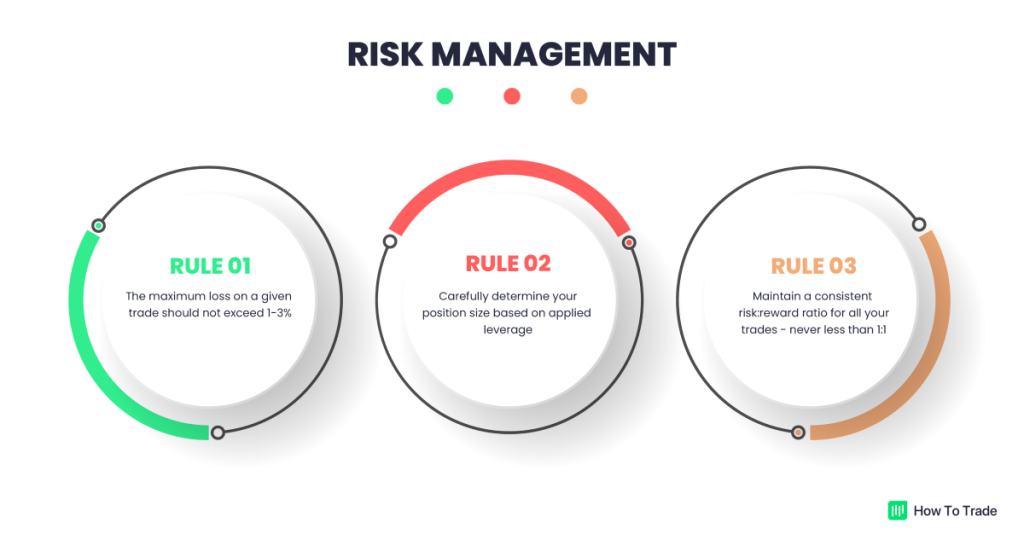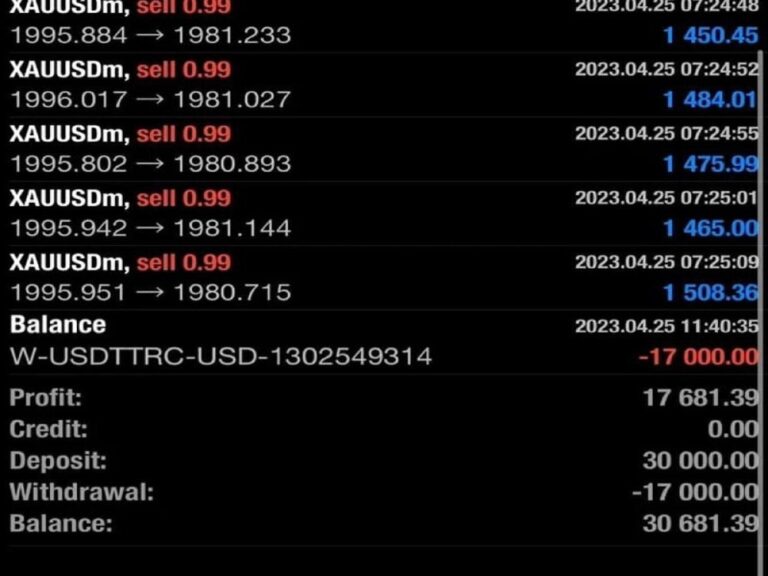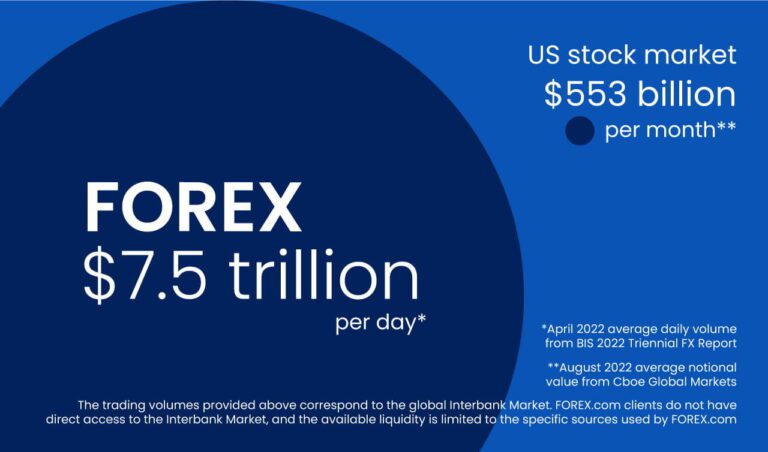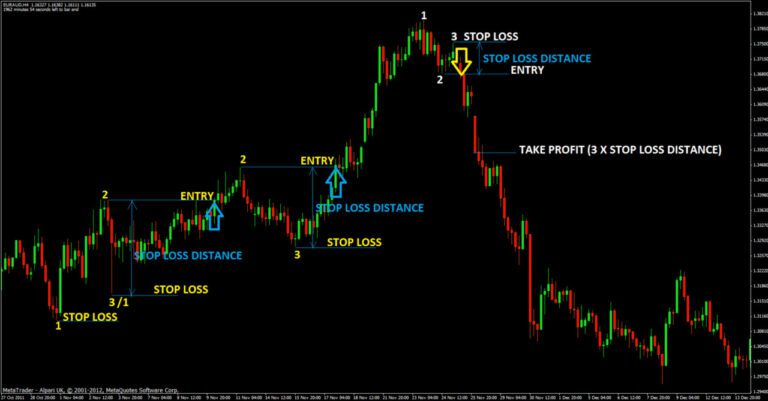Before you start trading forex, one of the most important things to understand is the inherent risks and the importance of risk management. Here’s a deeper look into this critical aspect and other essential points to consider:
1. Understand the Risks
- Volatility: The forex market can be highly volatile, with prices fluctuating rapidly. This can lead to significant gains but also substantial losses.
- Leverage: While leverage allows you to control larger positions with a smaller amount of capital, it can amplify both profits and losses. A high leverage ratio means you could lose your entire investment quickly.
- Market Uncertainty: Currency prices are influenced by numerous factors, including economic indicators, geopolitical events, and market sentiment, making it difficult to predict movements accurately.
2. Risk Management is Crucial
- Use Stop-Loss Orders: Always set stop-loss orders to limit potential losses on your trades. This helps protect your capital in case the market moves against you.
- Position Sizing: Determine the appropriate size for your trades based on your account balance and risk tolerance. A common rule is to risk no more than 1% of your capital on any single trade.
- Diversification: Avoid putting all your capital into one trade or currency pair. Diversifying your investments can help reduce risk.
3. Develop a Trading Plan
- Have a Clear Strategy: Before you start trading, create a detailed trading plan that outlines your goals, strategies, and risk management techniques. Stick to your plan to maintain discipline.
4. Education is Key
- Continuous Learning: The forex market is complex and constantly evolving. Invest time in learning about trading strategies, technical and fundamental analysis, and market trends.
- Practice with a Demo Account: Use a demo account to practice trading strategies and familiarize yourself with the trading platform without risking real money.
5. Emotions Can Affect Trading Decisions
- Stay Disciplined: Emotions like fear and greed can lead to poor trading decisions. Stick to your trading plan and avoid making impulsive decisions based on emotions.
- Keep a Trading Journal: Document your trades, strategies, and emotional responses to market movements. Reviewing your journal can help you identify patterns in your trading behavior.
6. Choose a Reliable Broker
- Regulation and Security: Select a broker that is regulated by a reputable authority. This ensures that your funds are safe and the broker operates fairly.
- Trading Conditions: Look for a broker that offers competitive spreads, a user-friendly platform, and reliable customer support.
Conclusion
The most important thing to know before trading forex is to fully understand the risks involved and the importance of managing those risks. By implementing strong risk management strategies, continuously educating yourself, and maintaining discipline, you can navigate the forex market more effectively. Remember, successful trading takes time, practice, and a willingness to learn from both your successes and failures.







